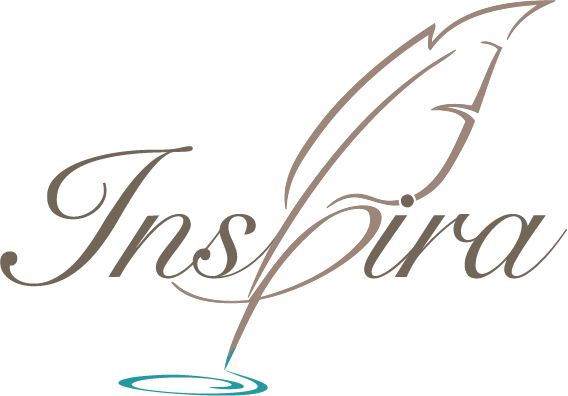Mastering the Art of Storytelling
/As writers, many of us strive to be better storytellers. How can we keep our reader engaged and on the edge of their seat? How can we tell a story that no one wants to put down? Even if you’re not a fiction writer, we believe all writers can benefit from improving in the art of storytelling.
First of all, it’s important to remember that storytelling and writing are NOT the same thing. Writing is the way in which you describe what is happening within the story. Writing makes up all of the puzzle pieces that fit together to make a finished product (organization, word choice, narration, and dialogue are all different puzzle pieces). The story, however, is the finished product—the beautiful picture you get when the puzzle pieces are fit together properly.
Here are a few things that you can do to study the art of storytelling and improve your “finished product” (even if you aren’t writing a fiction book):
Learn from the greats. There are some pretty legendary storytellers out there. Some of the best in their craft are Roald Dahl (Charlie and the Chocolate Factory, James and the Giant Peach), Neil Gaiman (American Gods, Stardust), George Orwell (1984, Animal Farm), and J.K. Rowling (of Harry Potter fame). Then there are the classics, like Jane Austen, Charles Dickens, and Robert Louis Stevenson. Consider reading some of their works with fresh eyes. What devices do they use to tell their story? How do their puzzle pieces fit together? Take notes.
Study comedians. Comedians are one thing—funny! But the reason they’re funny is because they have mastered the art of storytelling. They tell the story in such a way (intro, buildup, and punchline) that their audience is engaged, surprised, and entertained. Consider watching some YouTube videos of your favorite comedians, as well as some new ones. What makes their jokes funny? What makes their stories engaging?
Read, read, and read some more. You cannot be an excellent writer without also being a voracious reader. The wider the variety of the books you read, the more “puzzle pieces” you’re exposed to, and the better your storytelling will be. Make sure you read through books outside of your usual go-to genres. You’ll certainly learn something new!
Get feedback. This is arguably the toughest part in learning to tell a story well. It’s important to know what others say and feel about your work. Where do they get lost? What parts bog them down or draw away from the story’s plot? What parts keep them engaged, and why? It’s important to be aware of your weaknesses so you can improve. It is often difficult to see our weaknesses in our own work. Step outside of your comfort zone and act for constructive criticism. It’s worth it!
Whether you’re writing a novel, a memoir, a devotional, or a non-fiction book on business, we can all benefit from becoming better storytellers. When you follow these tips, you’ll certainly notice marked improvement and be well on your way to creating a wonderful new story to share with the world.
Happy writing!


